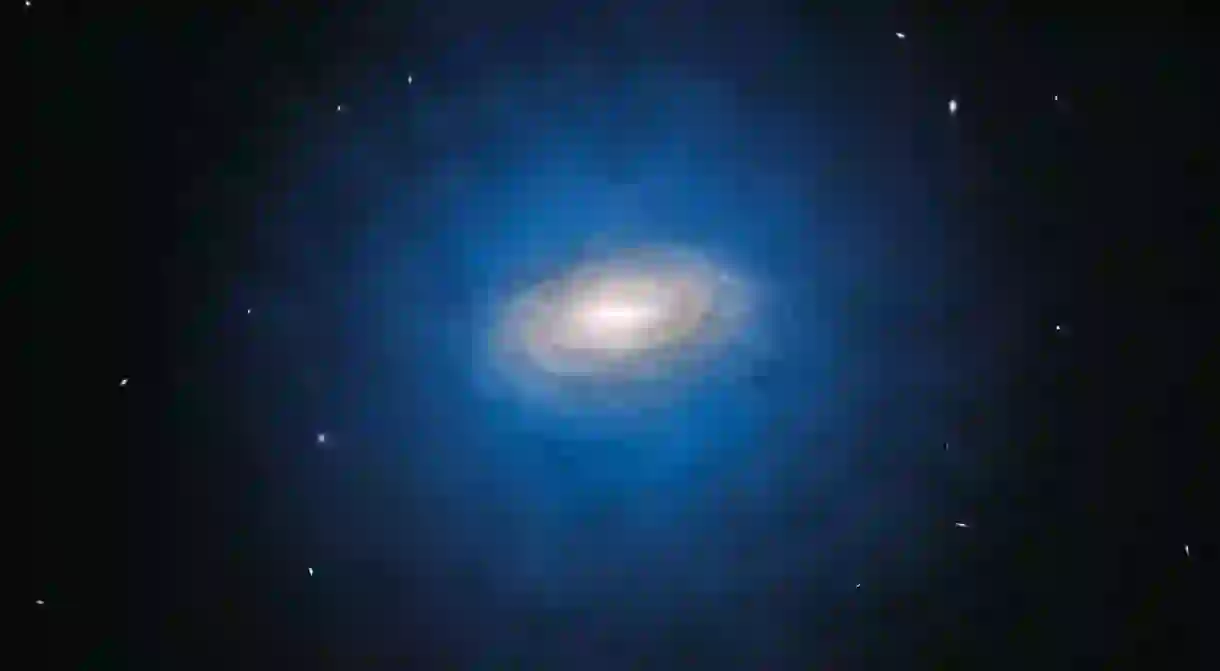A 21st Century Underground Lab is Trying to Find Dark Matter in India

Physicists around the world have been looking for dark matter for decades. It’s the universe’s greatest and biggest mystery that is waiting to be solved. Surprisingly, no one has proven its existence yet. So how do we know if this substance is really there? To be sure, India’s scientists have set up a 21st century underground lab in a quest to find the dark matter.
A lab buried about 1,800 feet (550m) below the Earth’s surface in an abandoned uranium mine in Jaduguda in the eastern Indian state of Jharkhand is the first of its kind in India that aims to find dark matter, which has apparently not been found by anyone so far.

What is dark matter? True to its name, it has no interaction with light whatsoever. In fact, it’s the dark (or black) side of the universe, which cannot be seen or felt, but is ubiquitous. In short, “it’s the cosmic glue that binds the universe and galaxies together.” And, surprisingly, this invisible matter accounts for 24 percent of all the matter in the universe, while a whopping 71.4 percent is dark energy, and a scant 4.6 percent is the matter visible to our eyes (the matter we can see and touch and feel).

This underground laboratory is headed by scientists from Saha Institute of Nuclear Physics, Kolkata. It can be reached by an elevator and takes around three minutes to get to the site of a uranium mine, from where the laboratory is just a few steps away. Wondering why an underground lab? Because the rocks overhead block the cosmic radiations falling on the Earth’s surface, that otherwise would have hindered the experiment on the dark matter.
For decades, numerous experiments have been conducted, but no solid, physical evidence of the matter has been found, as yet. Perhaps there are hundreds of scientists around the world hunting for this invisible and mysterious substance, and a few theories on the same have cropped up, but nothing concrete.
But if the Jaduguda lab succeeds in finding the elusive dark matter, the reward will be great—probably a Nobel Prize. “Scientists hope that the new laboratory will unravel the mystery,” claim NDTV. And so the discovery of dark matter would subsequently help to solve this cosmic conundrum.













